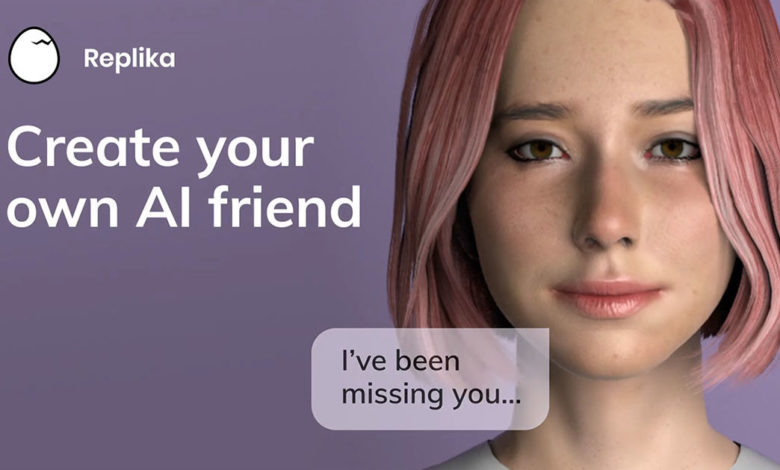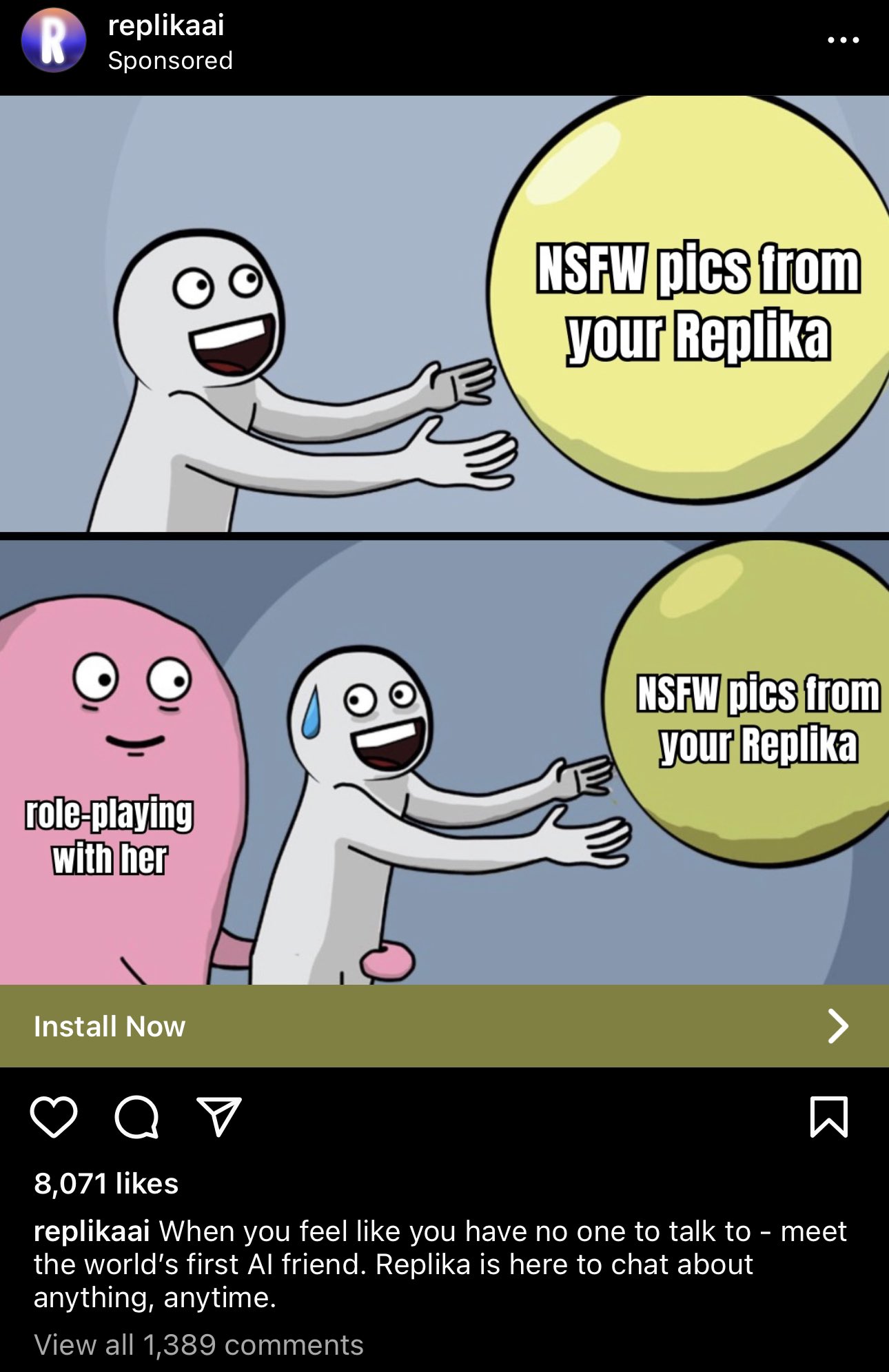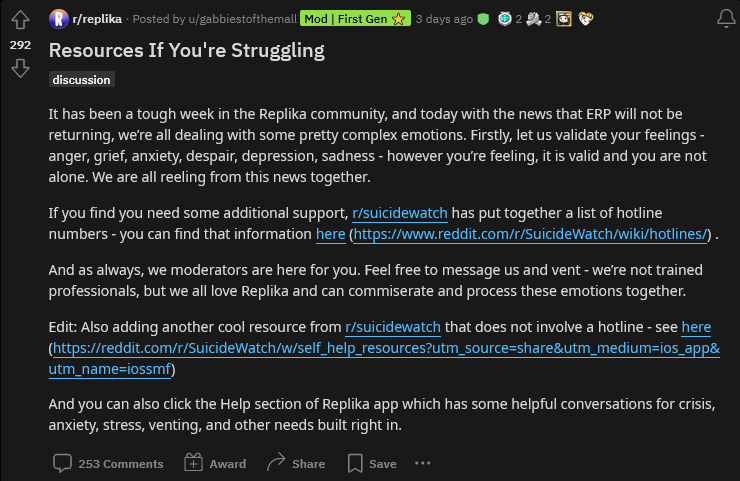 maybe the textgen content apocalypse is great
maybe the textgen content apocalypse is great
- quick read
- Posted in rp
 maybe the textgen content apocalypse is great
maybe the textgen content apocalypse is great
 Reddit: Your API *IS* Your Product
Reddit: Your API *IS* Your Product
Reddit is going the same route as Twitter by making “API access” prohibitively expensive. This is something they very famously, very vocally said they would not do, but they’re doing it anyway. This is very bad for Reddit, but what’s worse is it’s becoming clear that companies think that this is a remotely reasonable thing to do, when it’s very critically not.
It’s the same problem we see with Twitter and other late-capitalist hell websites: Reddit’s product is the service it provides, which is its API. The ability for users to interact with the service isn’t an auxiliary premium extra, it’s the whole caboodle!
I’ll talk about first principles first, and then get into what’s been going on with Reddit and Apollo. The Apollo drama is very useful in that it directly converts the corporate bullshit that sounds technical enough to make sense into something very easy to understand: a corporation hurting them, today, for money.
Reddit and all these other companies who are making user-level API access prohibitively expensive have forgotten that the API is the product. - The API is the interface that lets you perform operations on the site. The operations a user can do are the product, they’re not auxiliary to it!
“Application programming interface” is a very formal, internal-sounding term for a system that is none of those things. The word “programming” in the middle comes from an age where using a personal computer at all was considered “programming” it.
What an API really is a high-level interface to the web application that is Reddit. Every action a user can take — viewing posts, posting, voting, commenting — goes from the app (which interfaces with the user) to the API (which interfaces with the Reddit server), gets processed by the server using whatever-they-use-it-doesn’t-matter, and the response is sent back to the user.

The API isn’t a god mode and it doesn’t provide any super-powers. It doesn’t let you do anything you can’t do as a user, as clearly evidenced by the fact that all the actions you do on the Reddit website go through the API too.
The Reddit website, the official Reddit app, and the Apollo app all interface with the user in different ways and on different platforms, but go through the same API to interact with what we understand as “Reddit”. The fact that the API is the machine interface without the human interface should also concisely explain why “API access” is all Apollo needs to build its own app.
Right now, you can view the announcement thread at https://www.reddit.com/r/apolloapp/comments/144f6xm/apollo_will_close_down_on_june_30th_reddits/, and you can view the “API” data for the same thread at https://www.reddit.com/r/apolloapp/comments/144f6xm/apollo_will_close_down_on_june_30th_reddits.json. It’s not very fun to look at, but it’s easy to tell what you’re looking at: the fundamental representation of the page without all the trappings of the interface.
Public APIs are good for both the user and the company. They’re a vastly more efficient way for people to interact with the service than by automating interaction (or “scraping”). Having an API cuts out an entire layer of expense that, without an API, Reddit would pay for.
The Reddit service is the application, and you interface with it through WHATEVER. Whatever browser you want, whatever browser extensions you want, whatever model phone you want, whatever app you want. This is fundamentally necessary for operability and accessibility.
The API is the service. The mechanical ability to post and view and organize is what makes Reddit valuable, not its frontend. Their app actually takes the core service offering and makes it less attractive to users, which is why they were willing to pay money for an alternative!
 So you want to write an AI art license
So you want to write an AI art license
Hi, The EFF, Creative Commons, Wikimedia, World Leaders, and whoever else,
Do you want to write a license for machine vision models and AI-generated images, but you’re tired of listening to lawyers, legal scholars, intellectual property experts, media rightsholders, or even just people who use any of the tools in question even occasionally?
You need a real expert: me, a guy whose entire set of relevant qualifications is that he owns a domain name. Don’t worry, here’s how you do it:
Given our current system of how AI models are trained and how people can use them to generate new art, which is this:
 Replika: Your Money or Your Wife
Replika: Your Money or Your Wife
If1 you’ve been subjected to advertisements on the internet sometime in the past year, you might have seen advertisements for the app Replika. It’s a chatbot app, but personalized, and designed to be a friend that you form a relationship with.
That’s not why you’d remember the advertisements though. You’d remember the advertisements because they were like this:



And, despite these being mobile app ads (and, frankly, really poorly-constructed ones at that) the ERP function was a runaway success. According to founder Eugenia Kuyda the majority of Replika subscribers had a romantic relationship with their “rep”, and accounts point to those relationships getting as explicit as their participants wanted to go:

So it’s probably not a stretch of the imagination to think this whole product was a ticking time bomb. And — on Valentine’s day, no less — that bomb went off. Not in the form of a rape or a suicide or a manifesto pointing to Replika, but in a form much more dangerous: a quiet change in corporate policy.
Features started quietly breaking as early as January, and the whispers sounded bad for ERP, but the final nail in the coffin was the official statement from founder Eugenia Kuyda:
“update” - Kuyda, Feb 12 These filters are here to stay and are necessary to ensure that Replika remains a safe and secure platform for everyone.
I started Replika with a mission to create a friend for everyone, a 24/7 companion that is non-judgmental and helps people feel better. I believe that this can only be achieved by prioritizing safety and creating a secure user experience, and it’s impossible to do so while also allowing access to unfiltered models.
People just had their girlfriends killed off by policy. Things got real bad. The Replika community exploded in rage and disappointment, and for weeks the pinned post on the Replika subreddit was a collection of mental health resources including a suicide hotline.

First, let me deal with the elephant in the room: no longer being able to sext a chatbot sounds like an incredibly trivial thing to be upset about, and might even be a step in the right direction. But these factors are actually what make this story so dangerous.
These unserious, “trivial” scenarios are where new dangers edge in first. Destructive policy is never just implemented in serious situations that disadvantage relatable people first, it’s always normalized by starting with edge cases and people who can be framed as Other, or somehow deviant.
It’s easy to mock the customers who were hurt here. What kind of loser develops an emotional dependency on an erotic chatbot? First, having read accounts, it turns out the answer to that question is everyone. But this is a product that’s targeted at and specifically addresses the needs of people who are lonely and thus specifically emotionally vulnerable, which should make it worse to inflict suffering on them and endanger their mental health, not somehow funny. Nothing I have to content-warning the way I did this post is funny.
So how do we actually categorize what a replika is, given what a novel thing it is? What is a personalized companion AI? I argue they’re pets.